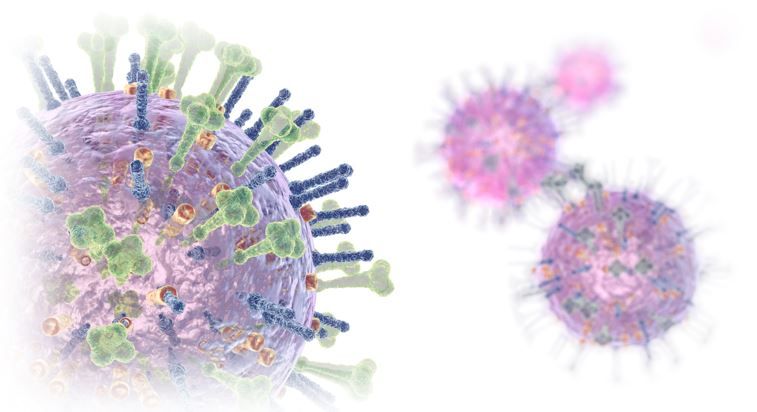- Clinical Technology
- Adult Immunization
- Hepatology
- Pediatric Immunization
- Screening
- Psychiatry
- Allergy
- Women's Health
- Cardiology
- Pediatrics
- Dermatology
- Endocrinology
- Pain Management
- Gastroenterology
- Infectious Disease
- Obesity Medicine
- Rheumatology
- Nephrology
- Neurology
- Pulmonology
Early Increase in Positive Flu Tests Seen Among Young Adults
Pockets of positive tests for influenza A(H3N2), including on college campuses, may herald the opening of the 2021-2022 flu season.

An increase in flu cases reported in the Center for Disease Control's (CDC) most recent FluView feature could indicate the official start of the 2021-2022 flu season.
While overall activity is still low in the US, CDC reports in a news release that there has been an uptick registered in positive tests for influenza A(H3N2). Young adults and children make up the majority of the cases detected, according to the release which also cautions that these populations commonly drive broader community spread.
Outbreaks of flu among young adults have been reported in several states, possibly related to the virus spreading on college and university campuses. The University of Michigan is the site of one of the largest outbreaks, with more than 500 confirmed cases since October 6, 2021. The CDC says it is working closely with the Michigan Department of Health and Human Services which requested epidemiologic assistance (Epi-Aid).
“Epi-Aid allows CDC to provide rapid, short-term, onsite technical assistance from Epidemic Intelligence Service (EIS) officers and other experts to help local authorities respond to an urgent public health problem," the CDC states. "The goals of this Epi-Aid will be to evaluate the scope of the outbreak, assess risk factors for infection, support infection control measures, and quantify vaccine uptake among cases, which may help give an early sense of flu vaccine effectiveness this season.”
The Epi-Aid findings also may help inform influenza response on campuses around the country and in the community at large during the ongoing COVID-19 pandemic, according to the release.
This outbreak doesn’t come as a surprise since young adults consistently have the lowest rates of flu vaccination every year and so are the most common vehicles for spread of infection. This season, so far, 89% of positive tests are from individuals ages 5-24.
The COVID-19 pandemic significantly disrupted flu activity in 2020, likely a result of preventative measures such as mask wearing and social distancing. Now, as restrictions have relaxed, seasonal flu case numbers are back up with New Mexico, Georgia, and Rhode Island seeing the highest numbers. The increase of seasonal flu cases when combined with the ever-present threat of COVID-19 has experts urging even more strongly that everyone be vaccinated against COVID-19, including booster shots, as well as against seasonal influenza.

